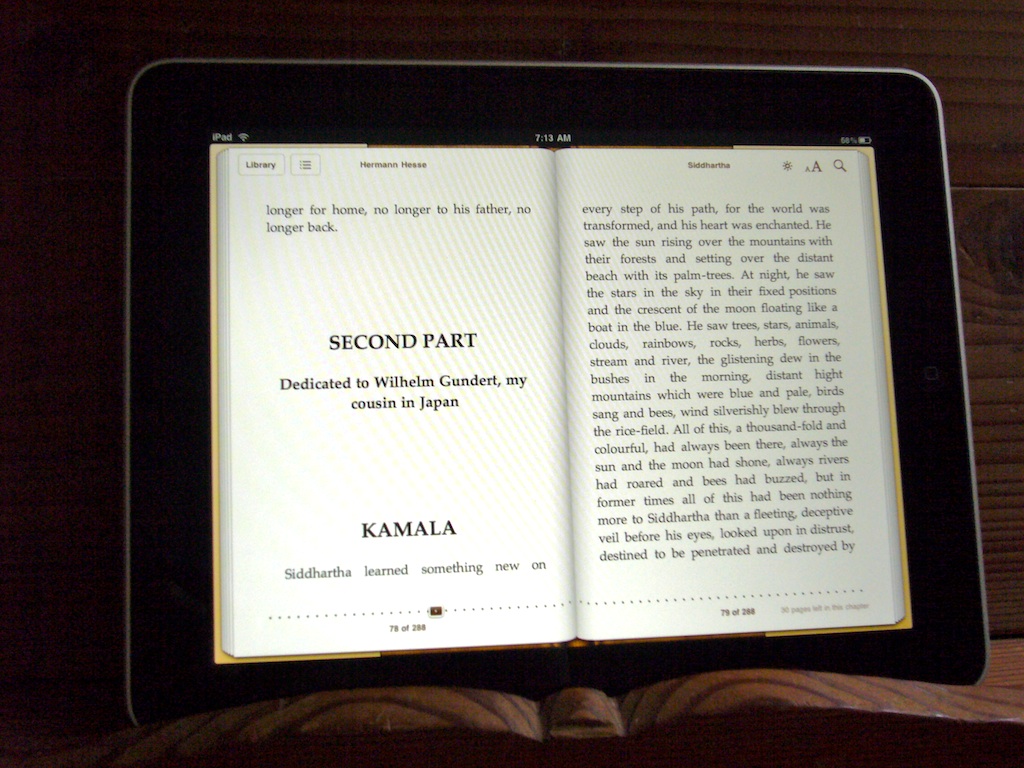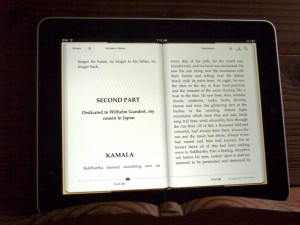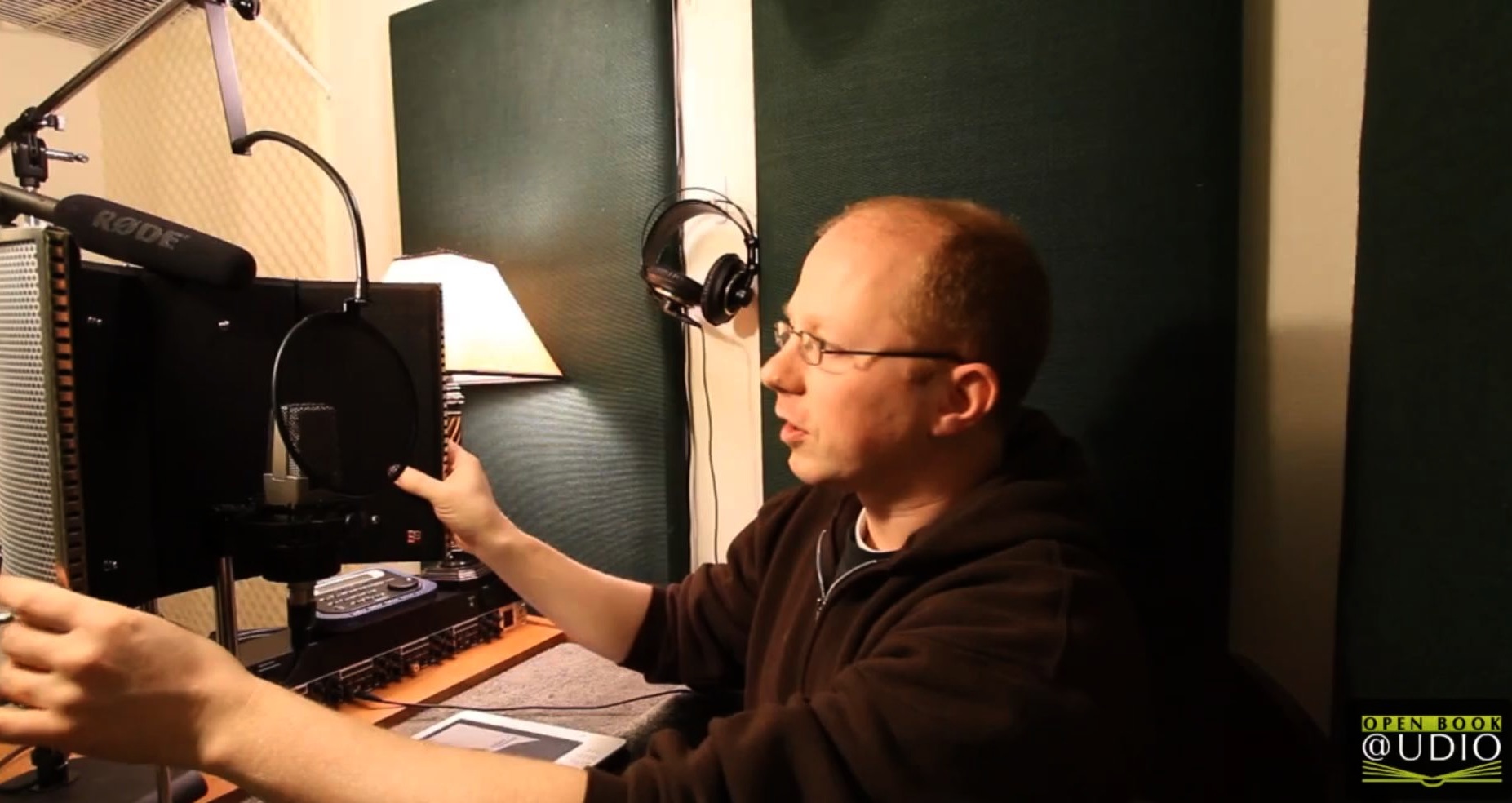Traditional book publishers are very nervous—at least as nervous as recording industry executives were nearly a decade ago as Apple’s iTunes burst upon the scene and overturned conventional wisdom about who really controlled sales and distribution of songs.
Amazon’s success with the Kindle was a friendly tap on the shoulder for publishing executives. Apple’s iPad was a cherry pie in the face, à la Soupy Sales. Following the international launch of the iPad, by May 31, 2010, there were 2,000,000 iPad owners. It took about 60 days to reach this sales milestone.
As an ebook reader, the iPad is pricey, a tad heavy, and cobbled to a bookstore that initially offered only a fraction of the titles available at Amazon. On the other hand, the iPad has the best touch screen interface available, support for third-party readers (including a Kindle app), and incredible battery life for a good-sized tablet computer. There is some serious momentum building behind this breakthrough device and already it’s changing the rules of the publishing game. Within 5 days of launch, 600,000 iBooks had been downloaded from Apple’s iBook store.
Maneuvering for position in the growing eBook industry, Amazon changed its royalty rates for authors and publishers targeting the Kindle from 35 percent to 70 percent, matching Apple’s royalty structure (which, in the iTunes/App Store, has always given owners 70 percent of sales revenues). In one fell swoop, self publisher and small-press publishers suddenly gained a means to achieve worldwide distribution of book titles and earn healthy revenues from electronically published works.
What does this really mean for authors? The Wall Street Journal, not exactly a bastion of bleeding-edge media forecasting, ran an article this June titled ‘Vanity’ Press Goes Digital, providing this anecdote:
Writer Karen McQuestion spent nearly a decade trying without success to persuade a New York publisher to print one of her books. In July, the 49-year-old mother of three decided to publish it herself, online.
Eleven months later, Ms. McQuestion has sold 36,000 e-books through Amazon.com Inc.’s Kindle e-bookstore and has a film option with a Hollywood producer. In August, Amazon will publish a paperback version of her first novel, “A Scattered Life,” about a friendship triangle among three women in small-town Wisconsin.
Ms. McQuestion is at the leading edge of a technological disruption that’s loosening traditional publishers’ grip on the book market—and giving new power to technology companies like Amazon to shape which books and authors succeed.
The term “leveling the playing field” seems particularly apt. Prospects are looking amazingly bright for authors and small publishers trying to compete in a market that has largely mistreated or ignored them.






